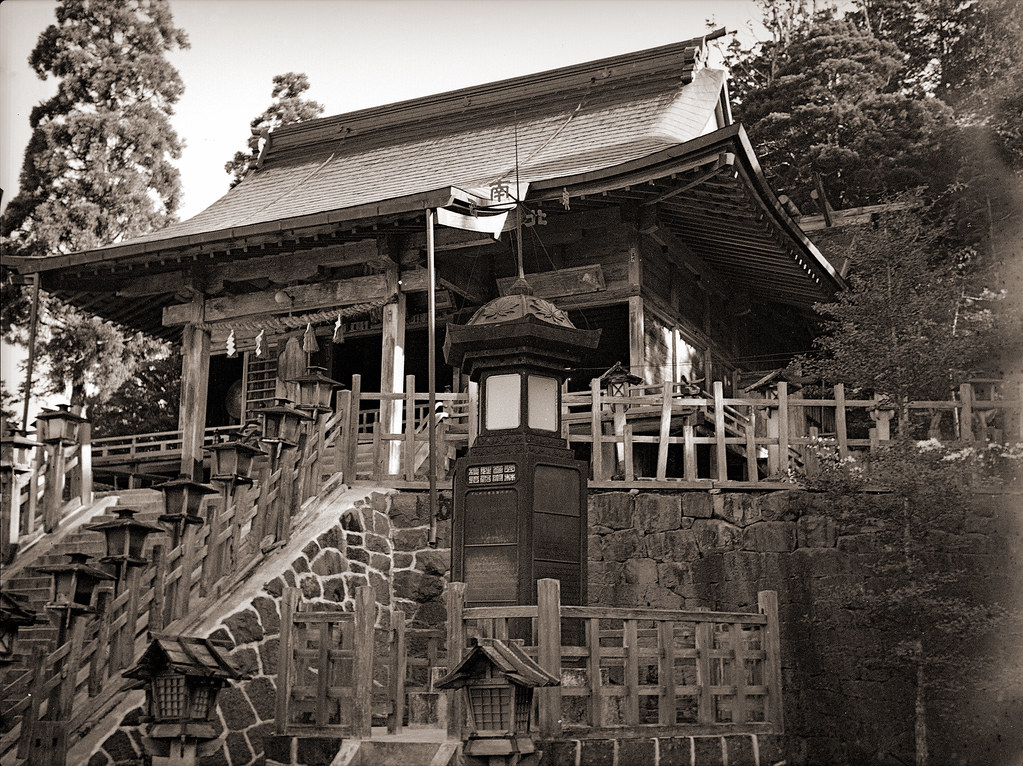Underused Japanese temples coveted by buyers
As the country’s population declines and religious disaffection grows, religious sites are increasingly targeted for the tax breaks they provide. Out of 180,000 registered religious sites, as many as 4,400 have been inactive in the last year. For Benmou Suzuki, a monk in Sanbagawa, “Temples are places for local people to gather and forge connections” and must be protected. For its part, Japan’s Agency for Cultural Affairs has intensified controls.
Rome (AsiaNews/Agencies) – As Japan’s population decline shows no signs of ending (down for 13 years in a row) and Japanese show less interest in religion, fewer and fewer people are financially contributing to the upkeep of the country's many Buddhist and Shinto temples and shrines.
One consequence of this has been controversial practice of buying and selling such sites to take advantage of the considerable tax advantages that come from managing religious property, Reuters reports.
“There are people out there who want a temple, even a mountain temple," said 52-year-old Suzuki, a monk at the Sanbagawa Temple, a 420-year-old sacred building located near a small village in the depths of a forest a three-hour drive from Tokyo. “In fact, considering the value of the religious corporation status, this temple could fetch quite a lot of money,” he added.
Two real estate brokers recently approached the monk, but Suzuki said that he has no intention of selling the temple; instead, he is trying to raise funds to maintain it. For him, "Temples are places for local people to gather and forge connections. We just can't get rid of them.”
Japanese authorities worry that the arrival on the real estate market of religious properties might entice buyers not interested in them for spiritual purposes, but rather as a way to avoid taxes or even launder money.
Such activities are hard to prevent because, as Japan’s Agency for Cultural Affairs noted, the government is cautious about changing legislation related to religion that could be seen as violating religious freedom.
“It's already a sense of crisis for us and the religious community," said an official at the Agency, which oversees religious sites.
Owning a temple or a shrine as a recognised religious corporation entails certain tax advantages. Businesses that offer religious services like funerals do not have to pay taxes while other non-religious businesses, such as restaurants, hair salons and even hotels, also enjoy preferential tax rates.
In recent years, the sale and conversion of temples and shrines in Japan has sparked considerable public outrage. In Osaka, for example, a temple sold in 2020 was successfully torn down and the graves moved to make room for a property development. Plans to turn a temple into a parking lot in Kyoto was also headline news.
According to the Agency's data, at the end of 2023 Japan had about 180,000 religious sites registered as a corporation, while the number of inactive corporations, i.e. places where religious events do not take place for more than a year, is up by a third, to 4,400.
When a monk or priest dies without a successor, the religious group that runs the temple usually designates a replacement or renounces the corporation status. However, some 7,000 religious sites operate independently of such groups and are deemed more vulnerable to speculators.
The Agency has intensified its efforts to strip inactive sites of their corporation status to prevent purchases by dubious buyers. It also warns local religious groups that they might fall prey to buyers after earthquakes, which often damage temples and shrines.
In 2023, 17 religious societies were voluntarily dissolved, while six others received an order to dissolve. For the Agency, those numbers will continue to grow in the coming years, under stricter controls.
After checking online brokering websites, Reuters found multiple religious properties on sale. One broker, Takao Yamamoto, told the news agency that a licence for a religious corporation can fetch as much as 30 million yen (US$ 210,000).
17/10/2019 13:13







.png)










